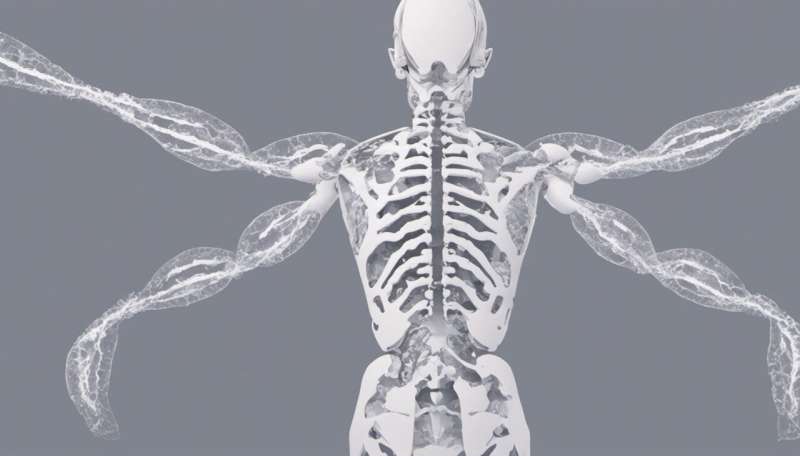
Pancreatic cancer is a disease of the elderly: the average age of patients is 72. In Austria, about 1,600 people are diagnosed each year. Since pancreatic cancer has no specific symptoms, it is not usually diagnosed until the tumor is locally advanced or has already metastasized. Once the tumor has metastasized, it is usually no longer treatable by surgery or radiotherapy. In addition, the drug therapy options available to date have not been very successful, especially not in older people.
Combination of two chemotherapies
This is where there might be a paradigm shift: a prospective, multi-center study shows that the combination of nab-paclitaxel and gemcitabine produces equally good treatment results in the over 70s as it does in younger people. In both patient groups, the disease could be controlled with the same frequency and for a comparable length of time, and the second-line treatment (a subsequently administered treatment) showed equally good results in both collectives as well. Gerald Prager, Department of Medicine I at MedUni Vienna and Vienna General Hospital, member of the CCC management team and lead author of the study, explains: “At first glance, five and a half months of life gained from this treatment option alone might not seem like much but, when you consider that the average prognosis with conventional treatment was only a few weeks, it is a milestone. The new combination treatment is a further step towards effectively combating this serious disease. Our long-term goal is to turn it into a chronic disease.”
Modern and advanced surgical techniques
Even in locally advanced tumors, good results are achieved with modern chemotherapy combinations such as nab-paclitaxel/gemcitabine or FOLFIRINOX. With these modern therapies, previously inoperable tumors can now be controlled to the point where they can be successfully removed with modern and advanced surgical techniques. Oliver Strobel, new Head of the Department of General Surgery at MedUni Vienna and Vienna General Hospital and member of the CCC management team, is an internationally recognized specialist in the field of pancreatic surgery: “For our patients, the possibility of surgically removing locally advanced tumors through a combination of modern chemotherapies and innovative surgical procedures means a significant increase in their life expectancy. My aim is therefore to consolidate these techniques within everyday clinical practice at MedUni Vienna and Vienna General Hospital and, at the same time, to significantly expand research in this area.”
Treatment in specialist centers only
The treatment of pancreatic cancer is very complex and requires the combined expertise of many disciplines, such as surgery, oncology, radiology, radiotherapy, gastroenterology, pathology and nutritional sciences. Martin Schindl, Department of General Surgery at MedUni Vienna and Vienna General Hospital and coordinator of the Pancreatic Cancer Unit at the CCC, says: “If pancreatic cancer is suspected, we strongly recommend that patients be treated at a specialist center, because only such centers have the combined expertise of all disciplines gathered together in one place. As well as that, the high number of cases they deal with means that they build up a great deal of diagnostic and therapeutic expertise and last but not least, these centers have all the appropriate technical equipment.”
Source: Read Full Article